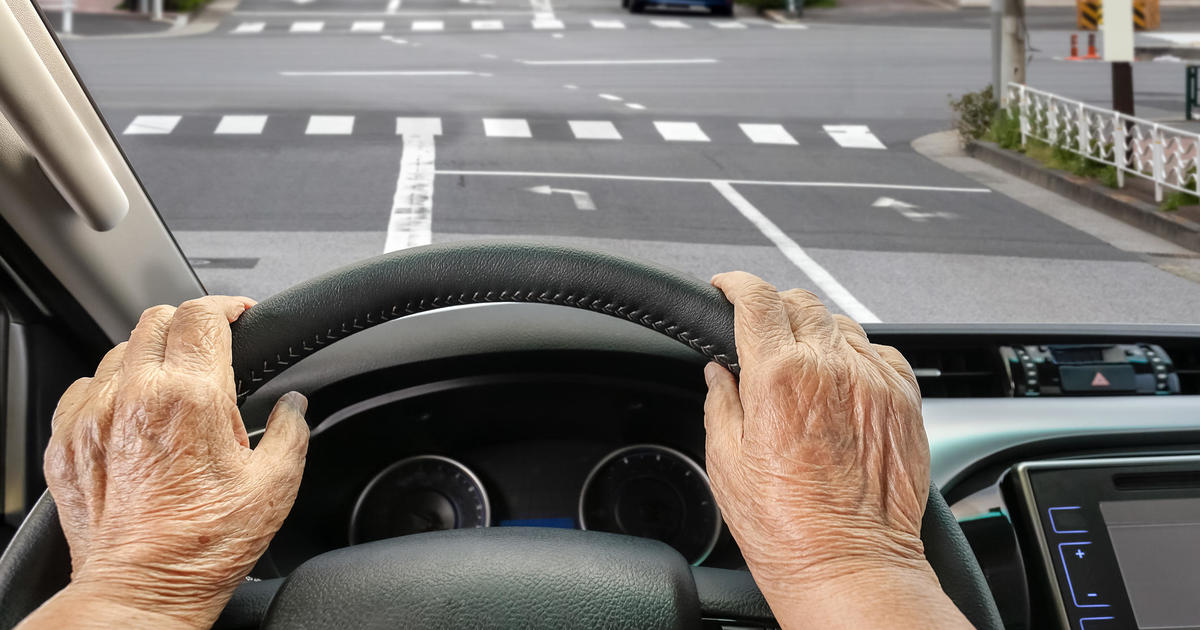
You’ve turned 65 and are on the road to retirement–is it time to hand in your car keys?
That’s not a conversation most older drivers want to have, and neither do their family members, new research from the American Automobile Association shows. Of the nearly 3,000 people interviewed for the study, 83 percent of seniors who still had a driver’s license said they hadn’t spoken with any family member about their driving ability.
And yet that conversation is an important one, AAA concludes. Coming to terms with aging and retirement means coming to grips with how getting older causes health problems and disabilities. The motor club lists numerous afflictions that affect one’s ability to drive in its “Senior Driving” section. These include the fact that half the middle-aged population, as well as 80 percent of people over age 70, suffer from “crippling” arthritis. Three-quarters of the senior population takes one or more medications, but less than a third acknowledged that these drugs could affect their driving.
It also describes seniors are “more fragile,” so when they get into an accident their death rates are 17 times higher than those aged 25 to 64.
Many of those who ultimately confronted their driving limitations said it was precipitated by “red flags,” such as falling asleep at wheel, weaving between lanes, or the fact that 15 percent of respondents received tickets or were involved in actual crashes due to health issues.
Of course, one reason older people may not be able to stop driving is that turning 65 doesn’t necessarily mean they’re retired. Nearly 20 percent still work and have to drive to their place of employment, while others are the primary care givers for grandchildren whose parents work.
People over age 65 are the fastest growing demographic in the U.S., and estimates show that by the year 2030 60 million of them will still have a driver’s license.
Older means safer
Not being able to drive causes its own problems. The AAA’s Foundation for Traffic Safety found that older adults are twice as likely to suffer from depression and nearly five times as likely to enter a long-term care facility as those who still drive.
“Keeping seniors safely on the road as long as possible is extremely important to their mental health,” acknowledged AAA spokeswoman Tamra Johnson.
And while seniors may have a higher fatality rate than younger drivers, they’re still less likely to get into accidents in the first place. Seniors in the age brackets 65 to 74, and 74 and above, have the lowest rate of crashes of any group that drives, according to Federal Highway Administration data.
“The focus should be on driving record, mileage and car model, which clearly relate to risk,” said Robert Hunter, an advocate for the Consumer Federation of America. “All the data I’ve seen indicates there’s less risk for older drivers.”
Seniors are more likely to wear seat belts, observe speed limits, and not drink and drive. They’re also less likely to text or send selfies on their cell phones while driving.
Modern vehicle technology, such as automatic braking and lane-changing alerts, can help older drivers, though Johnson notes that new cars are expensive and seniors may not be comfortable with such tools. And while companies such as Uber and Lyft may provide and alternatives, many may find ride-hailing too cumbersome or expensive, especially those living on a fixed income.
© 2018 CBS Interactive Inc.. All Rights Reserved.
